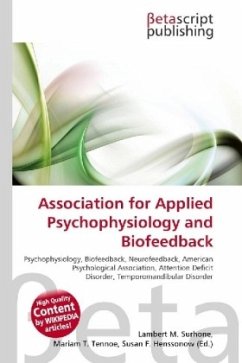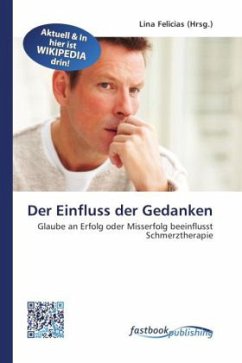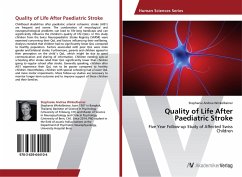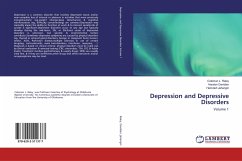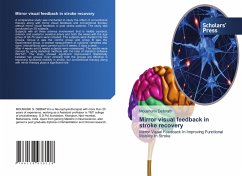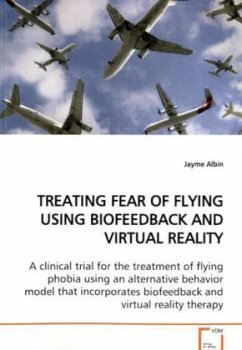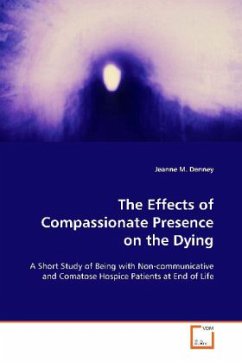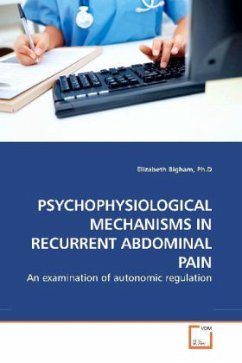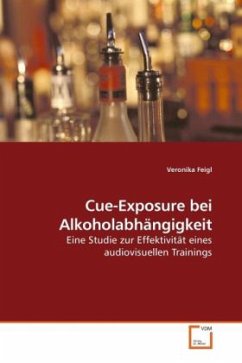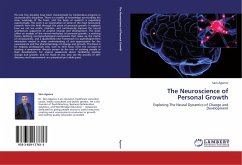
Neurofeedback and HRV Biofeedback after Stroke
The Impact on Cognitive Performance and Brain Oscillations in the Alpha and Theta Frequency Band
Versandkostenfrei!
Versandfertig in 6-10 Tagen
32,99 €
inkl. MwSt.

PAYBACK Punkte
16 °P sammeln!
Cognitive deficits frequently occur after stroke. Neurofeedback and biofeedback training have been shown to be a valuable treatment option in several disorders such as attention deficit hyperactivity disorder (ADHD), epilepsy or migraine. However, controlled studies demonstrating specific effects are rare, especially concerning neurological disorders. This book examines whether neurofeedback and heart rate variability (HRV) biofeedback are beneficial to people suffering from stroke with resultant memory disturbances in the rehabilitation process and whether different neurofeedback or biofeedba...
Cognitive deficits frequently occur after stroke. Neurofeedback and biofeedback training have been shown to be a valuable treatment option in several disorders such as attention deficit hyperactivity disorder (ADHD), epilepsy or migraine. However, controlled studies demonstrating specific effects are rare, especially concerning neurological disorders. This book examines whether neurofeedback and heart rate variability (HRV) biofeedback are beneficial to people suffering from stroke with resultant memory disturbances in the rehabilitation process and whether different neurofeedback or biofeedback protocols result in specific changes of electrophysiological parameters and cognitive performance - thereby focusing on memory but also exploring attentional processes as well. Therefore two different kinds of neurofeedback training (increasing alpha power or decreasing theta power) are compared with the effects of HRV biofeedback training



